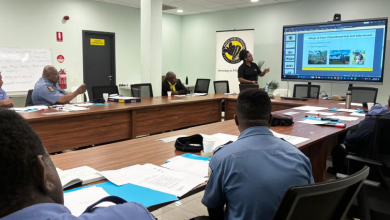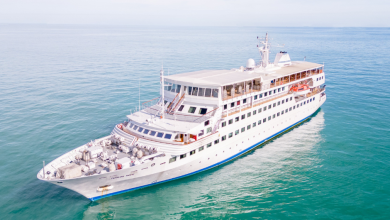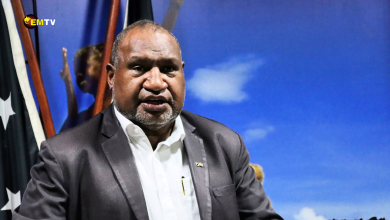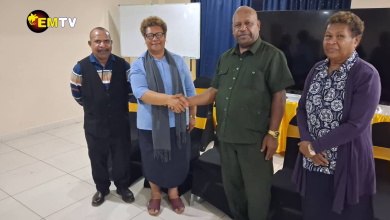Suva, Fiji – The Pacific Community (SPC) launched, the first of its kind, plant health laboratory classified at Biosecurity Containment Level 3 in Suva, today.
The lab, through its Level 3 designation, will allow Pacific Island Countries to develop controls for emerging biosecurity threats, including pests and diseases.
“Invasive species are a major threat to the global economy and the environment, costing billions of dollars to control each year. At a time when all Pacific Island nations face this ongoing threat, the new Plant Health Laboratory will stand at the forefront, providing biological solutions that will aid our farmers and can ultimately lead to greater and safer food production”, stated Dr. Audrey Aumua, SPC Deputy Director-General at the launch, held in collaboration with the Australian High Commission.
Designed to bolster regional capacity, the plant health laboratory enables SPC scientists to study various pests and diseases requiring a high level of biosecurity containment, such as insects, fungi, viruses, and bacteria. The newly constructed laboratory will be housed at SPC’s Narere Campus in Suva.
The launch coincides with the United Nations General Assembly’s declaration of 2020 as the International Year of Plant Health, which seeks to help reduce poverty and hunger, protect the environment, and boost economic development.
The new facility will empower SPC’s plant health team to diagnose plant disorders and diseases, make treatment recommendations, and mass-produce insects and microbes to act as biological agents of controls.
“This partnership between the Government of Australia and the Pacific Community establishes our shared vision to work in close cooperation to achieve improved development outcomes and sustainable improvements in the quality of life for all Pacific islanders”, added H.E Mr. John Feakes, Australian High Commissioner to Fiji.
In addition to its research function, the plant health lab will provide for regional importation, hosting, and containment of a wider range of biological agents (including natural pests and fungus) into Fiji, where they are housed and cultured and eventually distributed to the other Pacific Island countries without any risk to Fiji’s flora and fauna.






